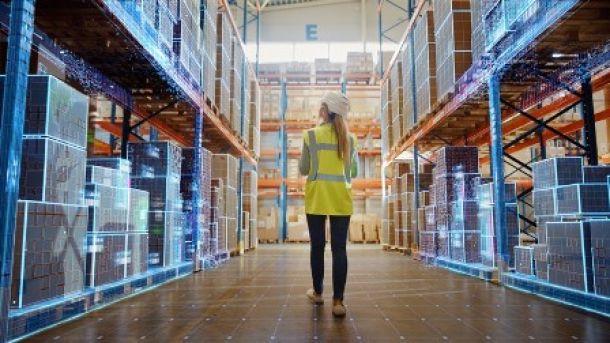
Improving supply chain resilience through industry 4.0
Industry 4.0. Everyone is talking about it and pointing to the future of how we work. For some, it’s exciting. For others, it’s terrifying, particularly as Industry 4.0 often refers to the automation of jobs currently performed by humans.
What will it do to our workforces? And given South Africa’s unemployment crisis, how will it impact our economy?
As a labour partner, one could think that at FunxionO we are against the digitisation of industry. Afterall, we provide specialised outsourced labour solutions. In fact, that couldn’t be further from the truth. We believe the Fourth Industrial Revolution provides an enormous opportunity – one we believe all businesses in South Africa can leverage.
First, let’s confirm what Industry 4.0 is. The Fourth Industrial Revolution (4IR) refers to the ongoing transformation of traditional industries through the integration of advanced digital technologies, automation, and data exchange. This revolution builds upon the previous three industrial revolutions, which were characterised by mechanisation (Industry 1.0), mass production (Industry 2.0), and automation (Industry 3.0).
Now, Industry 4.0 is characterised by the fusion of digital, physical, and biological technologies. This revolution is underpinned by innovative technologies such as the Internet of Things (IoT), artificial intelligence (AI), robotics, and blockchain, which together are transforming industries across the board.
Specifically, supply chain resilience, a crucial aspect of any successful business, is being significantly enhanced as a result of these advancements.
4IR and the future of supply chains
4IR is driving the development of new business models and strategies that can bolster supply chain resilience. For instance, the rise of additive manufacturing, or 3D printing, allows companies to produce goods on-demand and closer to the point of consumption, reducing the need for extensive inventories and long-distance transportation. This localised production model can help businesses become more agile and responsive to market fluctuations, ensuring that their supply chains remain resilient in the face of change.
Our clients have also found that outsourcing specific functions can lead to cost savings, as businesses can avoid the expenses associated with hiring, training, and retaining in-house staff. These savings can be redirected towards investments in 4IR technologies and infrastructure, which can all be leveraged to build additional supply chain resilience into the business.
Ultimately, embracing 4IR is not only about technology. It’s about the people who augment that technology, leveraging it to future-proof organisations.
If your business is interested in the best of both worlds and you are looking for ways to future-proof your organisation, FunxionO has solutions that will streamline your supply chain.
https://insights.adcorpgroup.com/improving-supply-chain-resilience-through-industry-4-0
- SOCIAL LINKS:
LinkedIn - https://www.linkedin.com/company/funxiono/
Facebook - https://www.facebook.com/funxionO/
Instagram - https://www.instagram.com/funxiono/
Related Articles

The Vital Role of ATMs in South African Conveni...

Staycold International Extend Their Carbon Edit...

SAPICS announces “Innovation in Motion” theme f...



